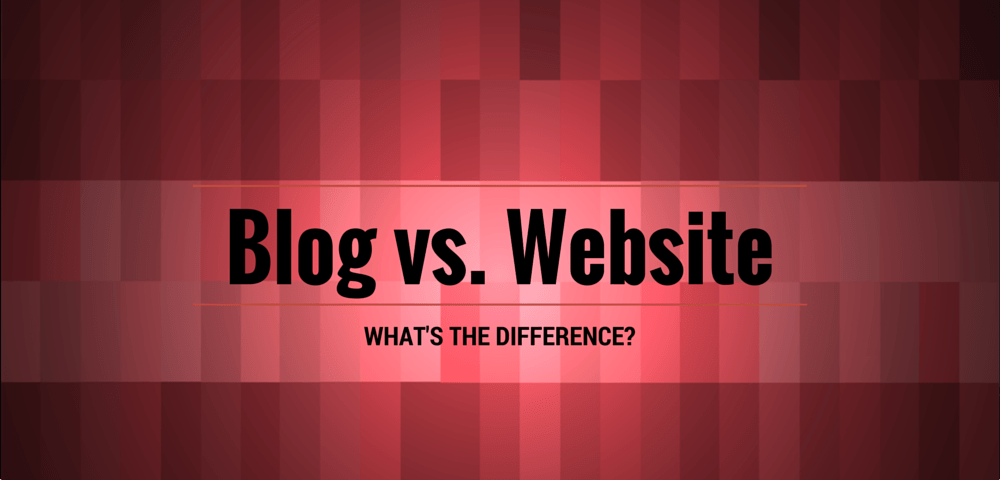Many people have websites (for their businesses as well as for personal use) and many people have blogs. The issue is whether people truly understand the difference between a website and a blog. They certainly are not the same thing.
The following explains the basic differences between a blog and a website:
Blog
- Content is regularly updated.
- Not formal.
- Interactive.
- Informative and educational.
- Interactivity about industry/customer issues.
- Some people have a blog.
Website
- Content is static.
- Formal/professional.
- Interactivity does not exist. There is only one-way communication.
- Transactional.
- Communication about products and/or services.
- Almost everyone has a website. In fact, it is almost a requirement in business today.
A good way to think about a website is in terms of it being a virtual store that sells products and/or services. A website is the perfect forum to self-promote and advertise. Promotion and buying and selling are exactly what people expect when they visit a website. When they are at the point of making a purchase of some kind, they go to a website that will satisfy their needs.
It is also basically impossible to build relationships with your potential customers and existing customers on your website because the website is static. Once a person has purchased something from you, there is no potential for interactivity so the relationship will never have a chance to develop and grow.
Blog
A blog; however, is constantly supplying potential customers and existing customers with interesting and useful content and the blog enables them to interact with the blogger and the discussions that they have together can be potentially unending. Not only can you and your customers have discussions but they can also ask questions that you can answer.
Blogs have a lot of useful features that are very helpful in promoting interactivity. Blogs enable visitors to subscribe to them so they can receive updates on a very regular basis. They will always be informed when new content is added or there has been some update to the social media profiles of the people with whom they interact.
The true purpose of a blog is to provide helpful, valuable, informative and interesting content that helps other people and that they find interesting. A blog’s purpose is definitely not to advertise or to do a hard sell on anyone. If you try to use your blog in that way, you will be very disappointed with the results. You will not be able to build relationships with anyone and you most likely won’t sell very much. People don’t buy from people whom they don’t trust. The only way that they will trust you is if they get to know you.
All in one
One approach that has proven very effective is building your website with blog software, such as WordPress. Blog software has the capability of providing you with both static web pages (pages) and blog pages (posts). Since both are necessary for the success of your online exposure, this allows you to design a web presence that contains a traditional website and a blog using one tool. Among the other benefits are:
- One homogenous look and feel.
- Ease of optimization for SEO.
- Sharing of add-on plugins between the pages and posts.
- Ease and speed of designing and developing the web presence.
- Ease of maintenance and updating of content since the entire web infrastructure is based on a content management system (CMS).


